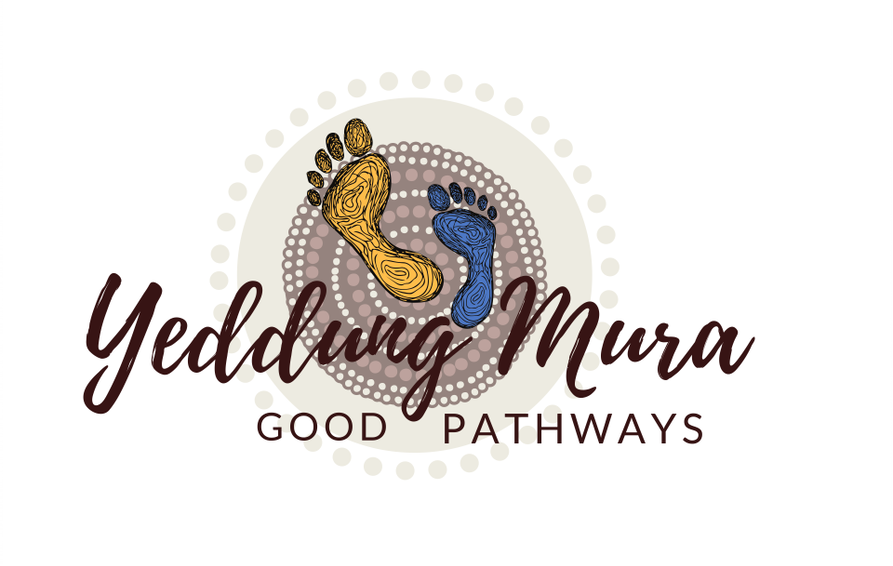Our DV program has been designed based on the recommendations identified by the “Do not shoot the wounded” Report. (page 4).
Yeddung Mura Family Domestic Sexual violence program is implemented to address the following objectives and deliver a framework to lead measurable changes in the community. Yeddung Mura FSDV program is an attempt to reduce family violence and to help people avoid family violence by promoting strong community support.
Diversion for Offenders This program provide accommodation at a diversion centre where the offender could go to cool off from the anger or potential domestic violence situation. This program would provide the offender with an alternate option instead of yelling and screaming. The program will also provide the offender with access to caseworker, mentor or counsellor to cool off and break the violent cycle. This program would save the unnecessary detention for the offenders.
